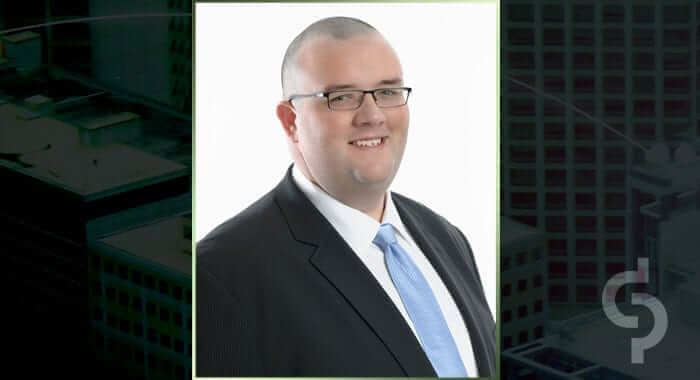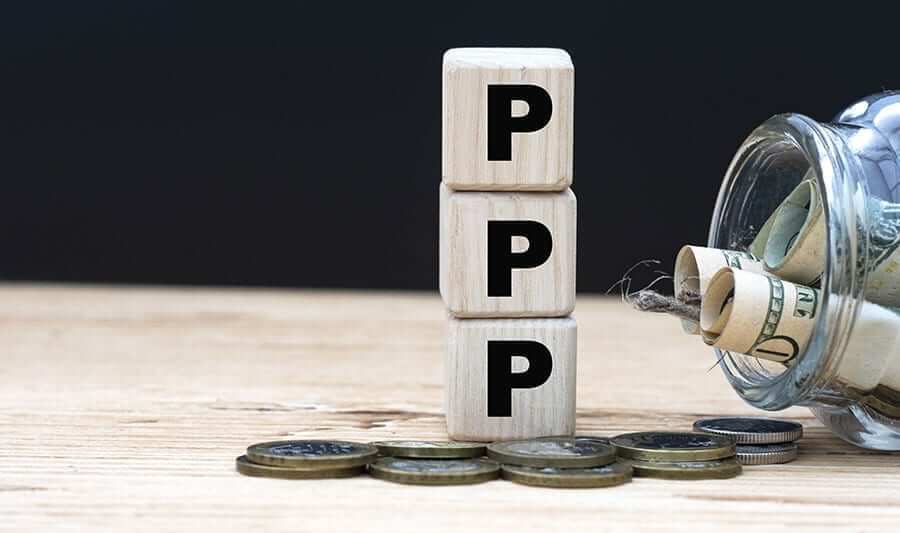Revenue Ruling Scenarios Regarding Deductibility
The revenue ruling highlights two different scenarios regarding taxpayer forgiveness and deductions for the underlying expenses.
In both cases the taxpayer received a PPP Loan and used it to pay eligible payroll costs, mortgage interest and utilities. The taxpayer has “satisfied all [other] the requirements for forgiveness of the covered loan before the end of 2020” in both scenarios.
In scenario 1, the taxpayer applies for forgiveness in 2020 but does not receive an answer if the loan will be forgiven in 2020, in scenario 2 the taxpayer does not apply for forgiveness until after 2020. In both cases, the Revenue Ruling suggests that the taxpayers have a “reasonable expectation” – rather than being “unforeseeable,” and as such, the expenses are nondeductible in 2020.
The IRS intended treatment here lies upon this “reasonable expectation” of forgiveness. They first begin to frame this in both scenarios that the taxpayer has a reasonable expectation since they were provided “clear and readily accessible guidance to apply for and receive covered loan forgiveness” by the SBA – therefore knowing the guidelines, a taxpayer can reasonable expect and estimate this amount and it is foreseeable. So, even though in scenario 2 the taxpayer does not apply for forgiveness during 2020, since they “expected” to apply in 2021 and knew the amount of its eligible expenses reasonable expectation was met during 2020.
This framework can present some unique situations for certain clients.
Fiscal Year End – The revenue ruling does not address fiscal year end (6/30/20, for example) directly, however, both the revenue ruling and revenue procedure use the “taxable year,” and the revenue procedure states “beginning or ending,” meaning that fiscal year ends will likely have to calculate the portion of PPP that is nondeductible for that year, assuming the “reasonable expectation is met.”
Interaction with governmental funding – For-profit agencies that are funded by government agencies, such as Medicaid or the State Education Department, still are facing uncertainty as to how those organizations will treat PPP forgiveness and/or eligibility of expenses; casting doubt as to how much if any forgiveness will be received and for what costs. An argument may be able to be made regarding meeting this “reasonable expectation” criteria as lacking necessary guidance, but that could be slippery – note that these limitations do not come statutorily from the SBA or lender but are an interaction with other agencies. However, the safe harbor provided in Revenue Procedure 2020-51 may provide some relief.
Revenue Procedure 2020-51
Revenue Procedure 2020-51 provides taxpayers with guidance largely focusing on what happens if loan forgiveness is denied or the taxpayer decides to not move forward with loan forgiveness (which is what may happen with providers mentioned above). The guidance provides taxpayers with the option to deduct some or all of the eligible expenses
- On the taxpayer’s timely filed (including extensions) 2020 return
- On the taxpayer’s amended 2020 return
- On the taxpayer’s timely filed (including extensions) 2021 return
Taxpayers who wish to take advantage of this safe harbor may do so if either the loan forgiveness is denied or the taxpayer “irrevocably” decides to note seek forgiveness (such as if they determine they will not qualify). Taxpayers will need to include a statement in their return regarding their request to use this safe harbor.
This safe harbor gives taxpayers some freedom, particularly if they are filing extensions, as that gives them up until September or October 2020 (for calendar year) taxpayers to decide, in theory. However, note that an extension is only an extension to file, not pay, meaning that if a taxpayer thinks in April 2021 that they will not get or claim forgiveness but ultimately do when filing, they may owe interest and penalties as a result of the late payment.
The general purpose of this revenue procedure is to not entrap taxpayers that otherwise may not be able to deduct expenses under the revenue ruling and provides mechanisms to adjust income accordingly.
What’s Next?
After the issue of Notice 2020-32 (which first stated the IRS approach of treating these expenses as nondeductible) borrowers immediately began to hope that congress would provide relief from this interpretation. Several of the drafters of the PPP program have stated that this interpretation is contrary to the congressional intent, however, to date, no such relief has advanced. As politically we are currently in a lame duck session, there is unlikely to be any relief until after January 2021, and a politically divided legislative body may be unable to find common ground to provide a change. There is a bill proposed in the Senate, currently with 35 bipartisan cosponsors to allow the deductions by law; perhaps this guidance will be the spark necessary to enact this into law. At this point, however, taxpayers will have to plan as if this provision is going to stay.
The simplest way for taxpayers to quantify this as we enter the 4th Quarter of 2020 and finalize 2020 planning is to treat the PPP Loan as taxable income. Please note that this approach is not technically correct – loans are not income; the forgiveness is tax exempt, but the underlying expenses are nondeductible – but provides a quick and easy calculation for taxpayers and borrowers.

Edward McWilliams, CPA
Partner
Ed is a Partner in the firm’s tax and business advisory practice focusing on providing services to middle market private companies across different industries as well as to early stage startups. Ed has over a decade of experience providing tax and business consulting services to these companies of different sizes and across different industries, bringing a broad and diverse knowledge base and strategic solutions to the many complex issues that businesses face.





